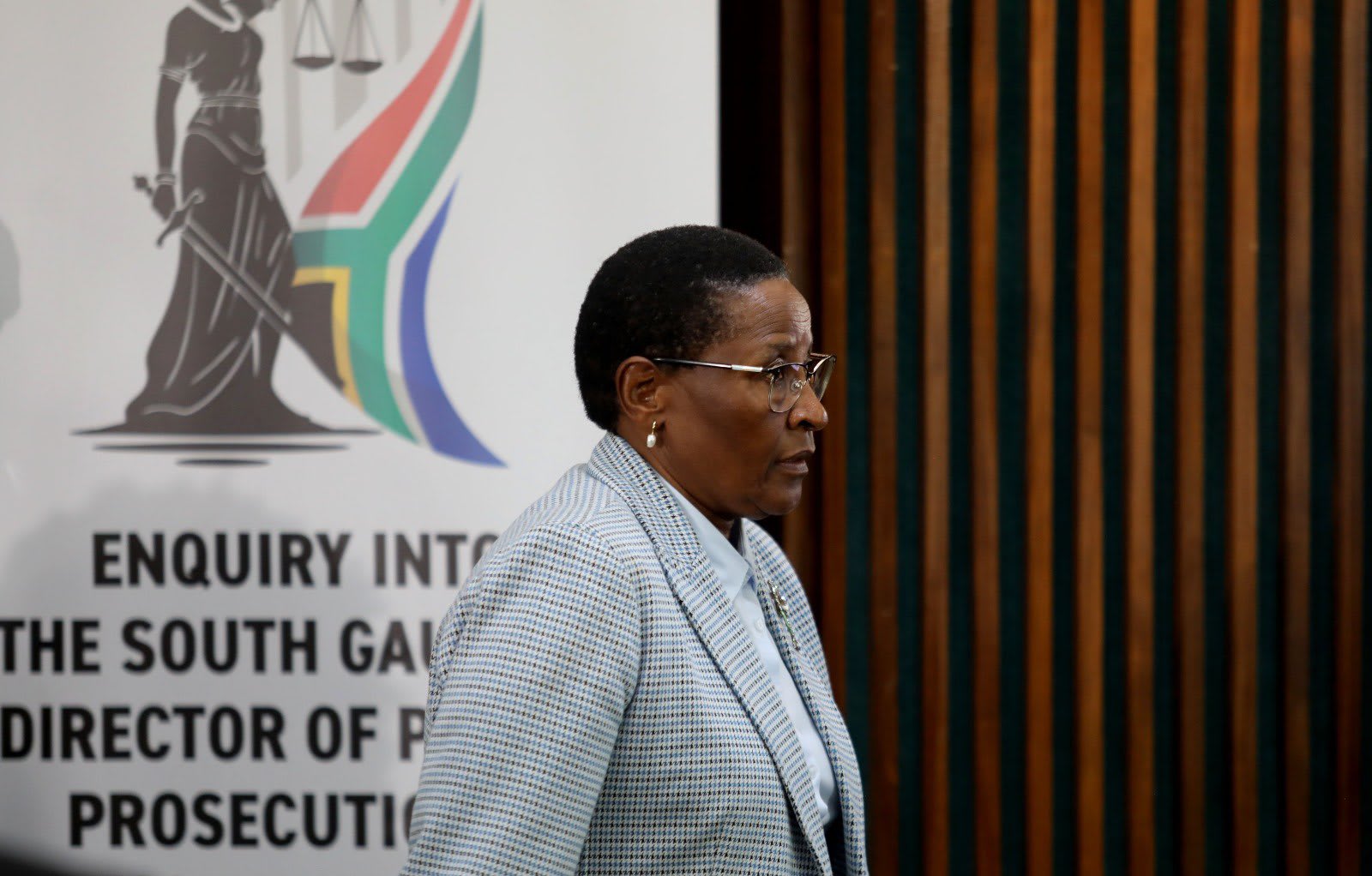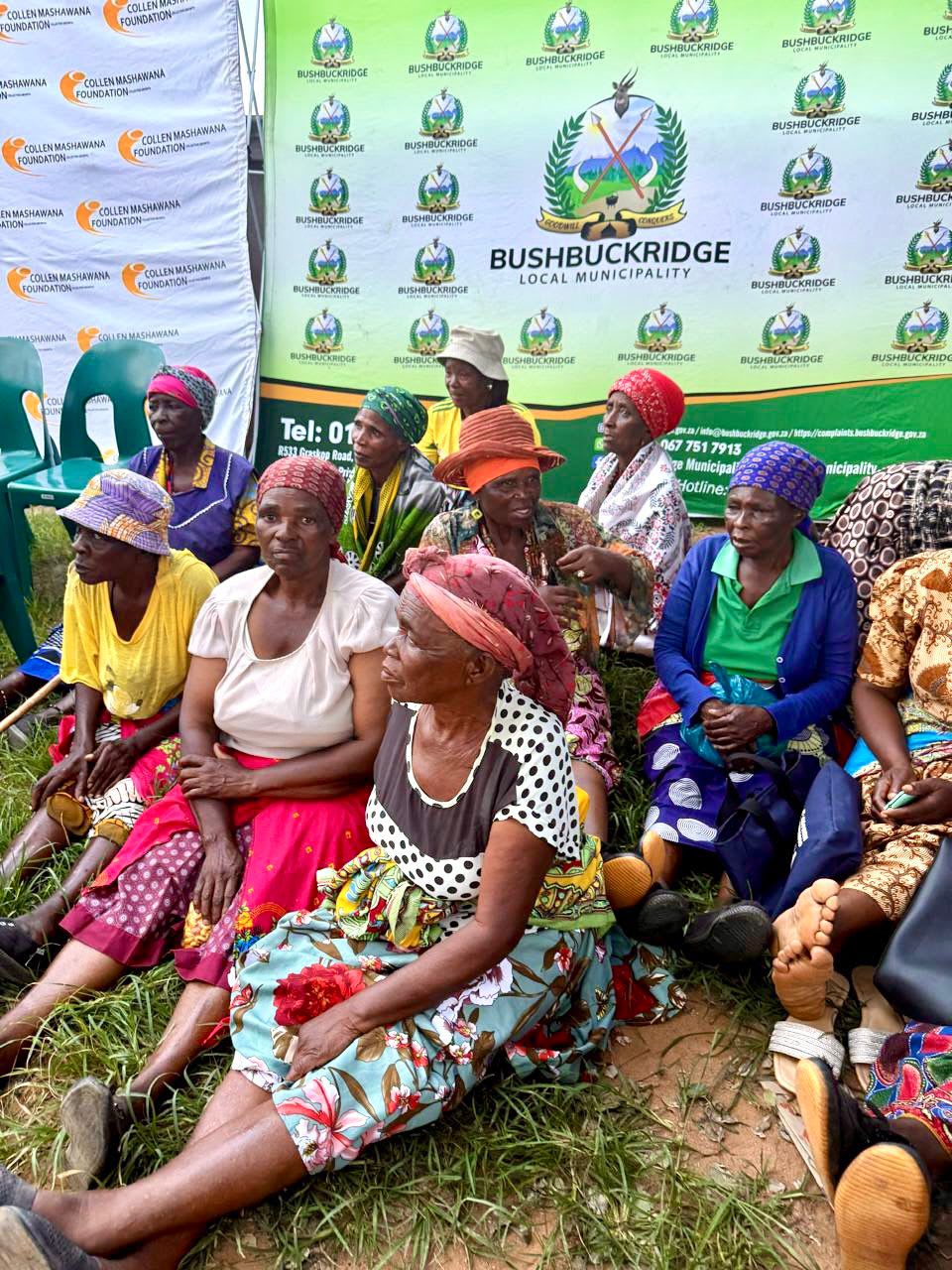South Africa
At the University of Cape Town council’s June 2024 meeting, leadership voted to reject the International Holocaust Remembrance Alliance definition of antisemitism and to impose a boycott of institutions linked to the Israeli Defence Forces. The university chose principle over donations.
The University of Cape Town (UCT) has stood by its council’s June 2024 resolutions that rejected the International Holocaust Remembrance Alliance (IHRA) definition of antisemitism and endorsed a boycott of institutions associated with the Israeli Defence Forces.
The matter, now before the Western Cape High Court, follows an application by several parties challenging the validity of the council’s decisions. They argue that the resolutions were procedurally flawed and adopted without proper consultation.
UCT’s legal team, led by advocate Tembeka Ngcukaitobi, argued that the council acted within its powers and in accordance with university governance principles. Ngcukaitobi told the court that council members had received full briefings on both the potential reputational and financial implications before making their decision.
According to UCT, the resolutions were not politically motivated but reflected the institution’s ethical commitment to global human rights and social justice. “The council considered the moral and academic dimensions of the matter and resolved to uphold principles of integrity, even if that meant losing financial support,” Ngcukaitobi said.
Following the adoption of the resolutions, several donors withdrew funding, but UCT maintains that its stance aligns with its values as a leading academic institution. The university insists that academic freedom also includes the freedom to take moral positions on global issues.
Critics of the decision, including some staff and alumni, have warned that the boycott could harm UCT’s international partnerships and academic reputation. However, supporters argue that the university has a duty to act consistently with its values, especially on matters of justice and human rights.
The case is seen as a significant test of how far universities can go in aligning institutional policies with ethical convictions without breaching governance procedures or alienating stakeholders.
The High Court is expected to deliver its judgment in the coming weeks.



















